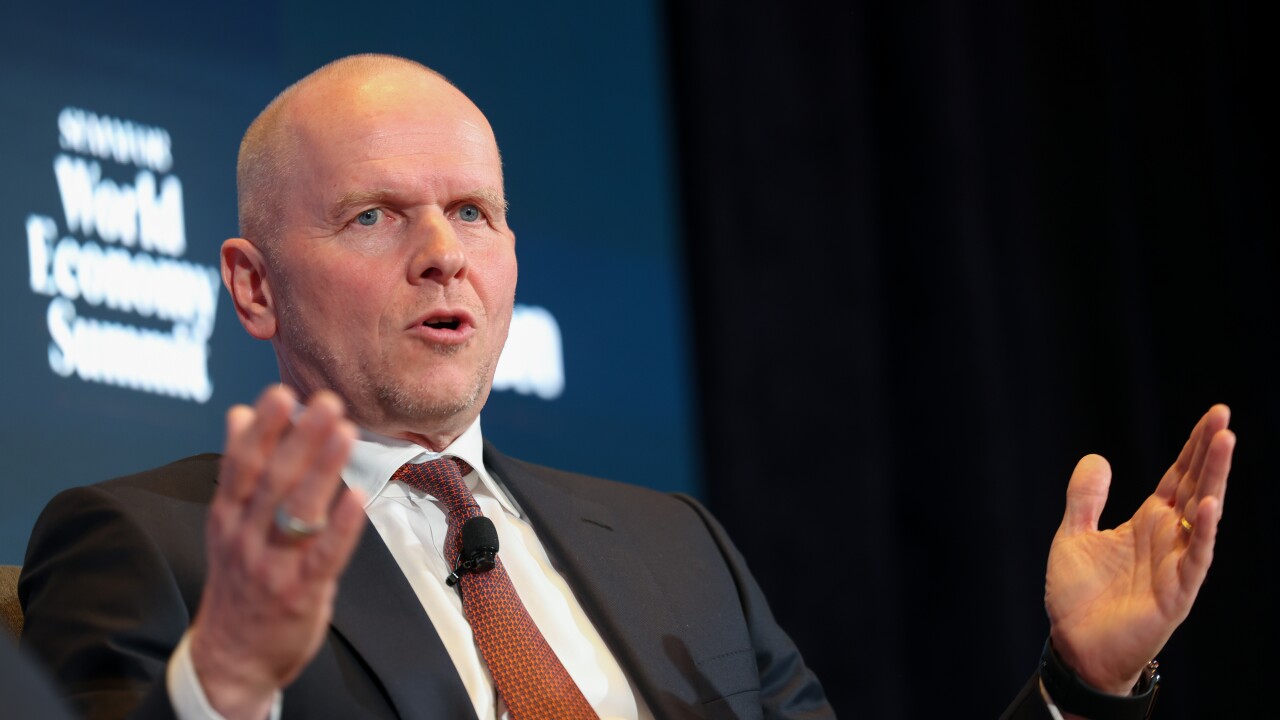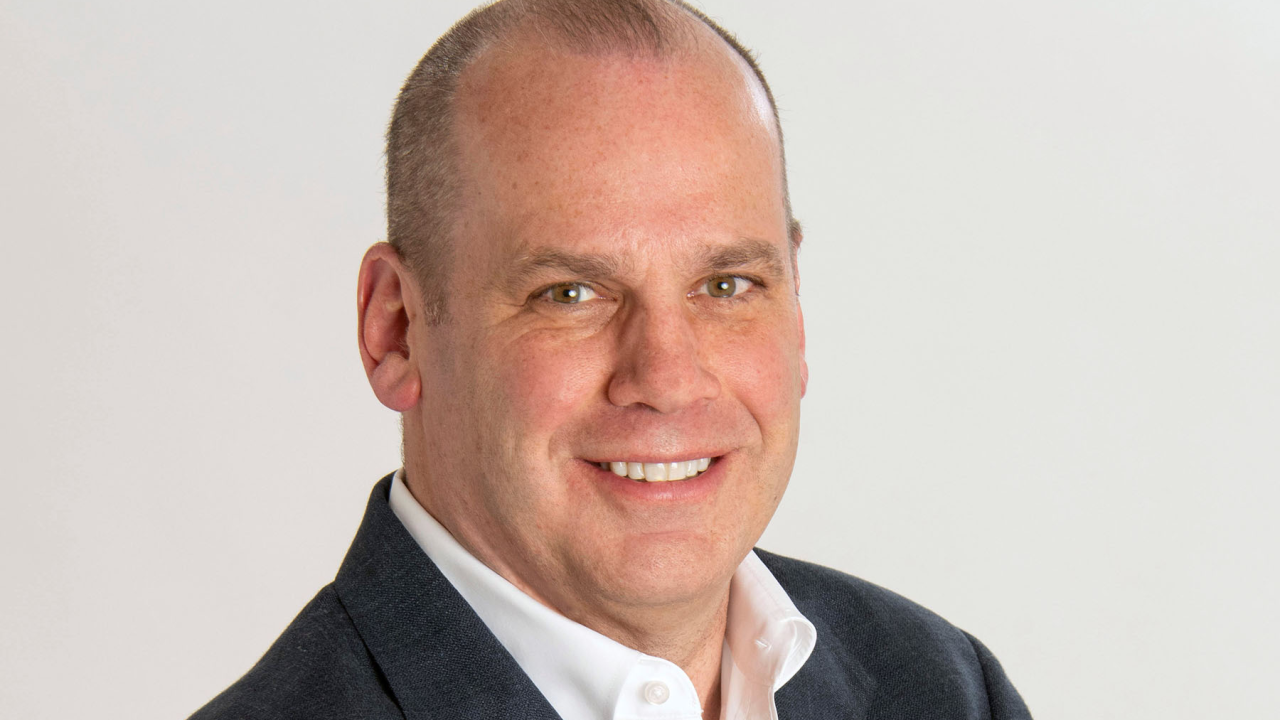-
Seacoast Banking Corp. of Florida (SBCF) in Stuart has begun a public offering to fund its exit from the Troubled Asset Relief Program.
November 5 -
Seacoast Banking Corp. of Florida (SBCF) in Stuart, Fla., has been released from all enforcement actions with the Office of the Comptroller of the Currency.
September 25
Florida's economy might be booming, but some remnants of the last economic downturn are creating opportunities for banks that are a bit further ahead in the healing process.
Seacoast Banking Corp. of Florida in Stuart
Seacoast sees the deal as a way to gain scale in a bigger market. The deal also is expected to boost the company's earnings, an area that analysts say Seacoast must improve as it moves on from the 2008 downturn.
Grand "did a heck of a job maneuvering through" the downturn, said Dennis Hudson, chief executive of the $3.1 billion-asset Seacoast. "They have enough capital to operate, but not to grow. Given the direction we are headed, it made sense to get together."
Seacoast and Grand were hit hard during the downturn,
Seacoast has spent the last decade branching out from its hometown into other parts of Florida; it used acquisitions to build sizable franchises in Orlando and Daytona Beach. The company also opened loan production offices in Boca Raton and Fort Lauderdale.
The $208 million-asset Grand is a chance for Seacoast to double down in Palm Beach County, a market that is home to nearly $41 billion in deposits. Martin County, where Seacoast is based, has $3.7 billion in assets.
Seacoast plans to close one of Grand's branches, but the other two will provide added scale in West Palm Beach. The sale was negotiated, rather than the result of an auction, Hudson said.
"This is a relatively inexpensive way to add customers in a key market," said Jefferson Harralson, an analyst at Keefe, Bruyette & Woods. "There are handfuls of banks with less than $500 million in assets that are having profitability issues in Florida I could see Seacoast doing more deals like this."
Hudson said Seacoast is not targeting banks of any specific size, noting that The Bankshares,
Seacoast's deal prices Grand at about 108% of its tangible book value, though some analysts pegged the price tag at closer to 135% when adjusted for credit marks. Still, the transaction bucks a current trend for valuations in Florida, where several deals were
Hudson, however, downplayed the perceived bargain.
"Pricing is very bank specific," he said. "The primary driver to pricing is the earnings power associated with the customers. We think the growth potential in that customer base is great."
Seacoast projected that the deal should boost its expected 2016 earnings per share by 5%. It would also add modestly to Seacoast's tangible book value increasingly a rarity in an M&A market where boards are more willing to accept dilution in exchange for an earnings boost. Those projections, notably the earnings accretion, left analysts pleased with the deal.
"For any bank, the next 5% earnings growth is the most needed 5%," Harralson said. "Management is pushing hard to grow earnings per share and earn its independence."




